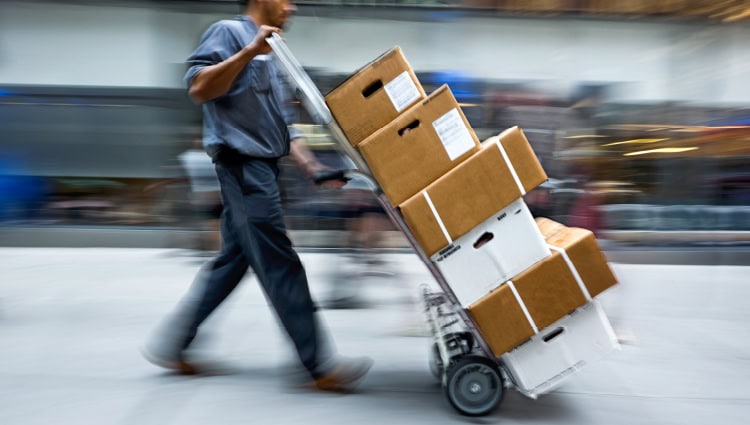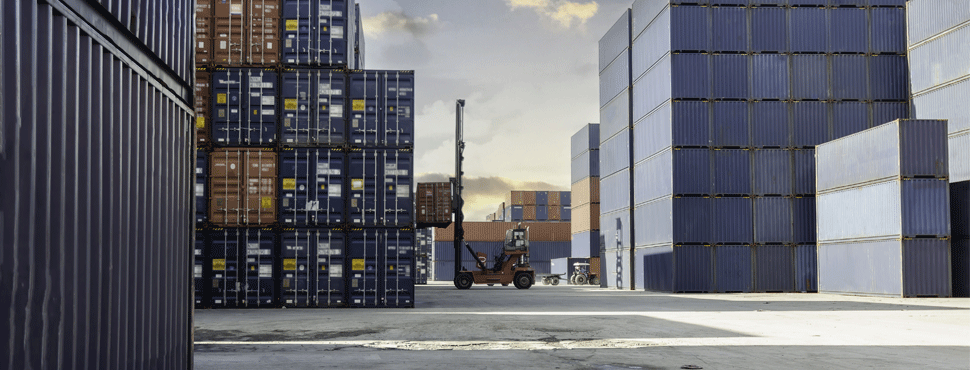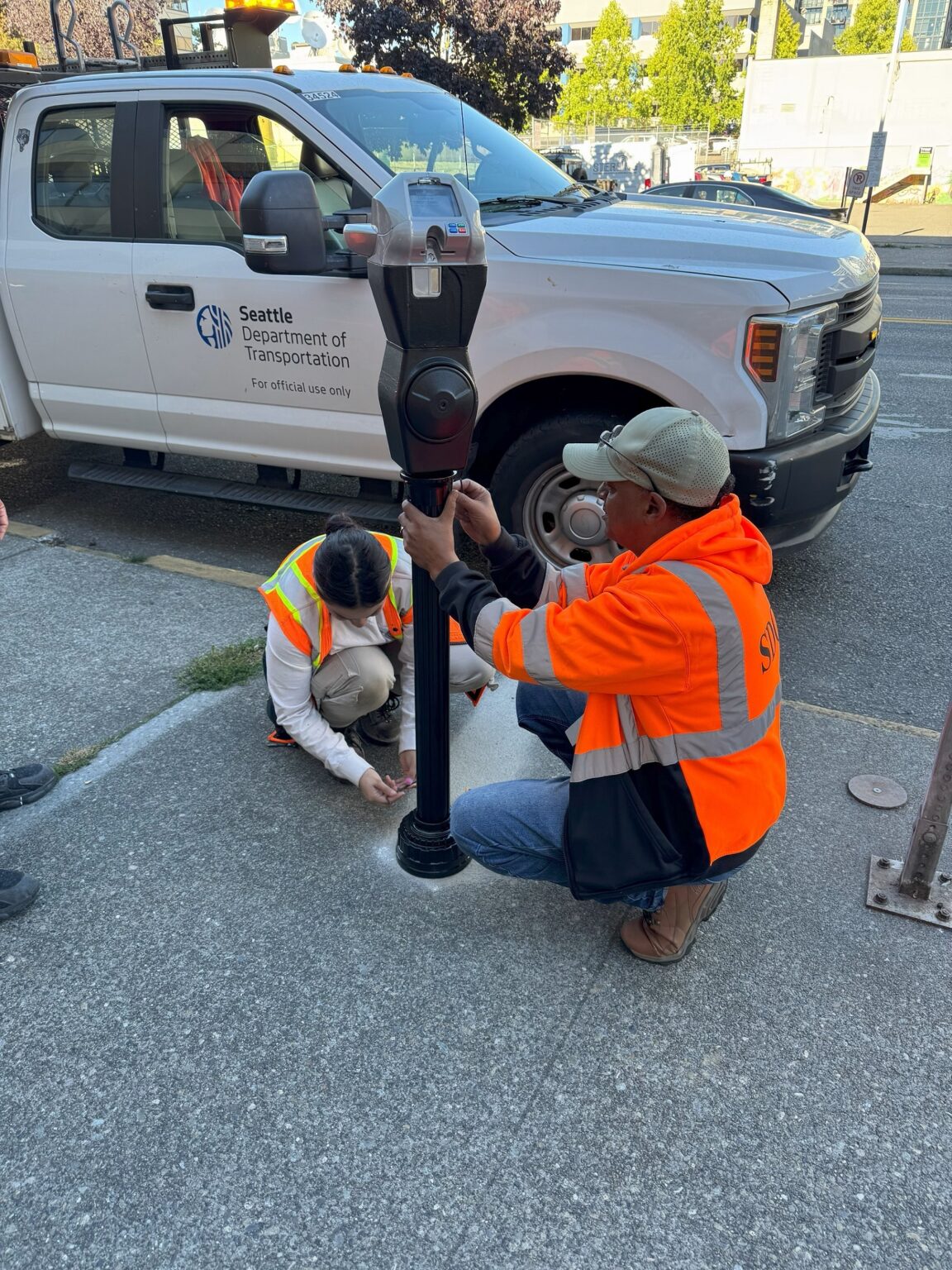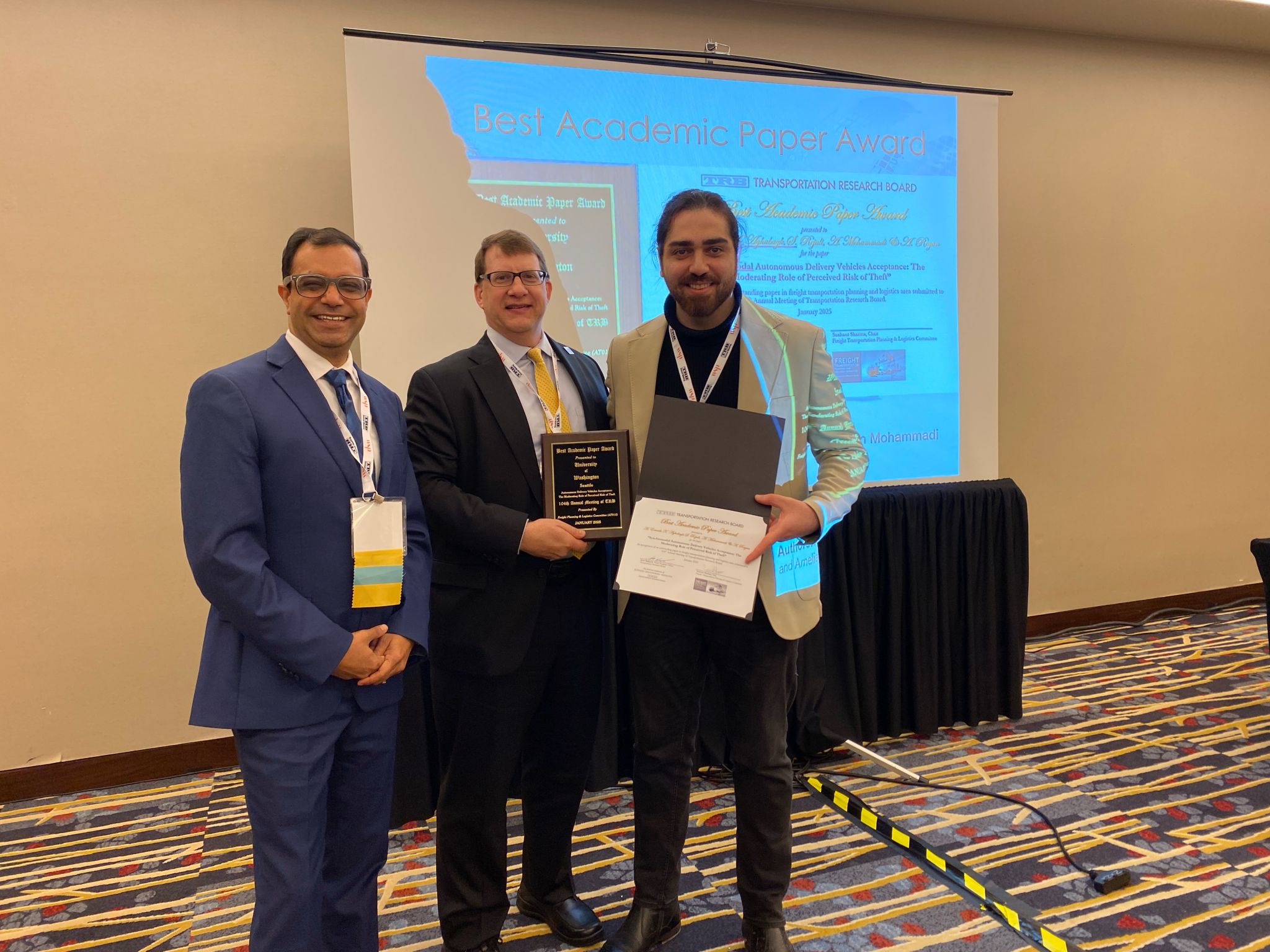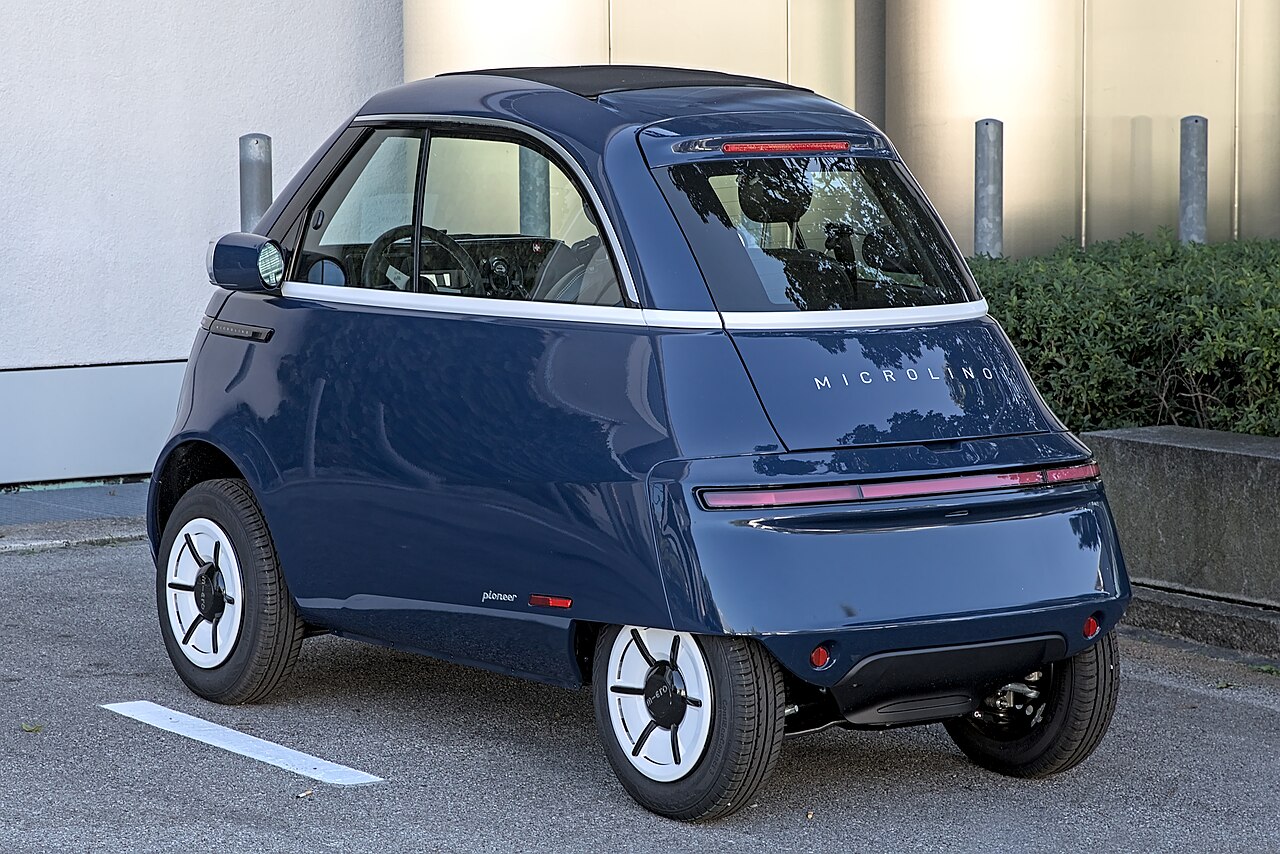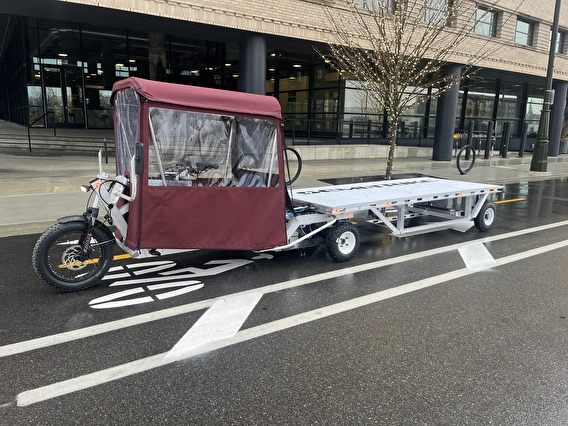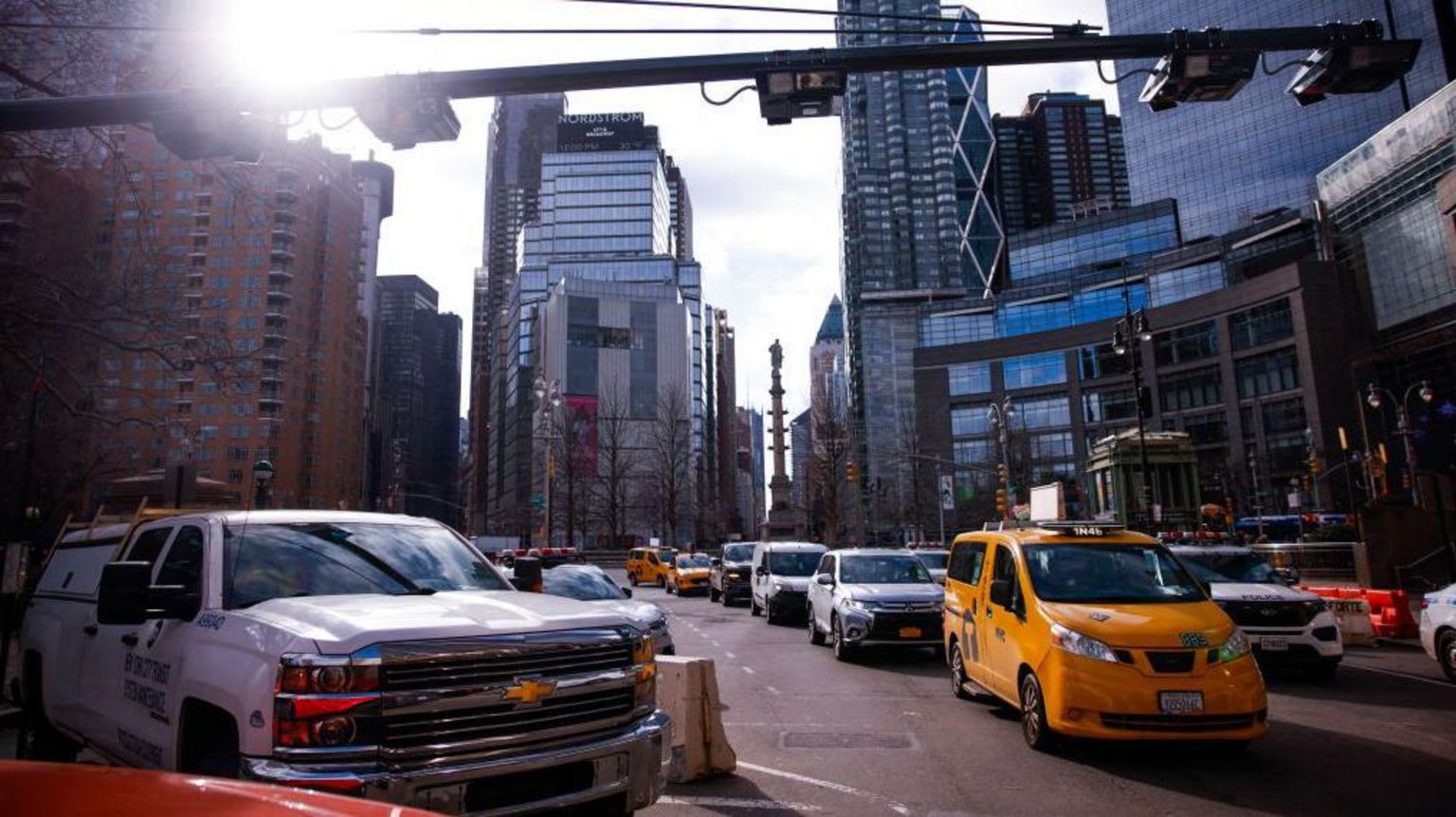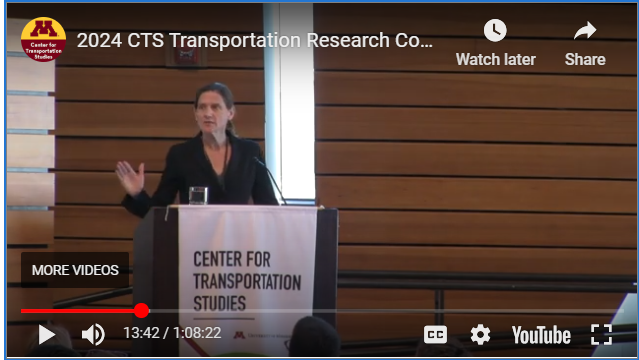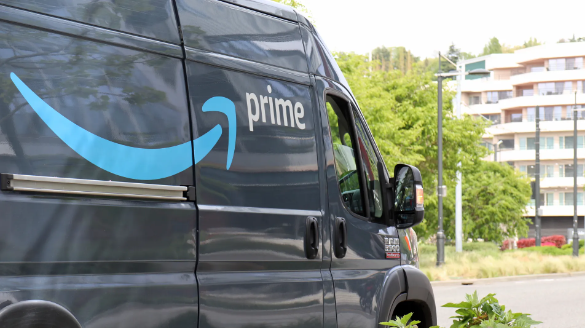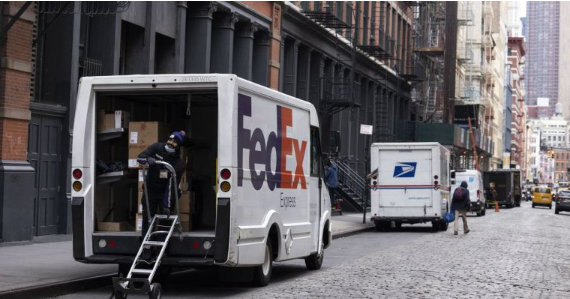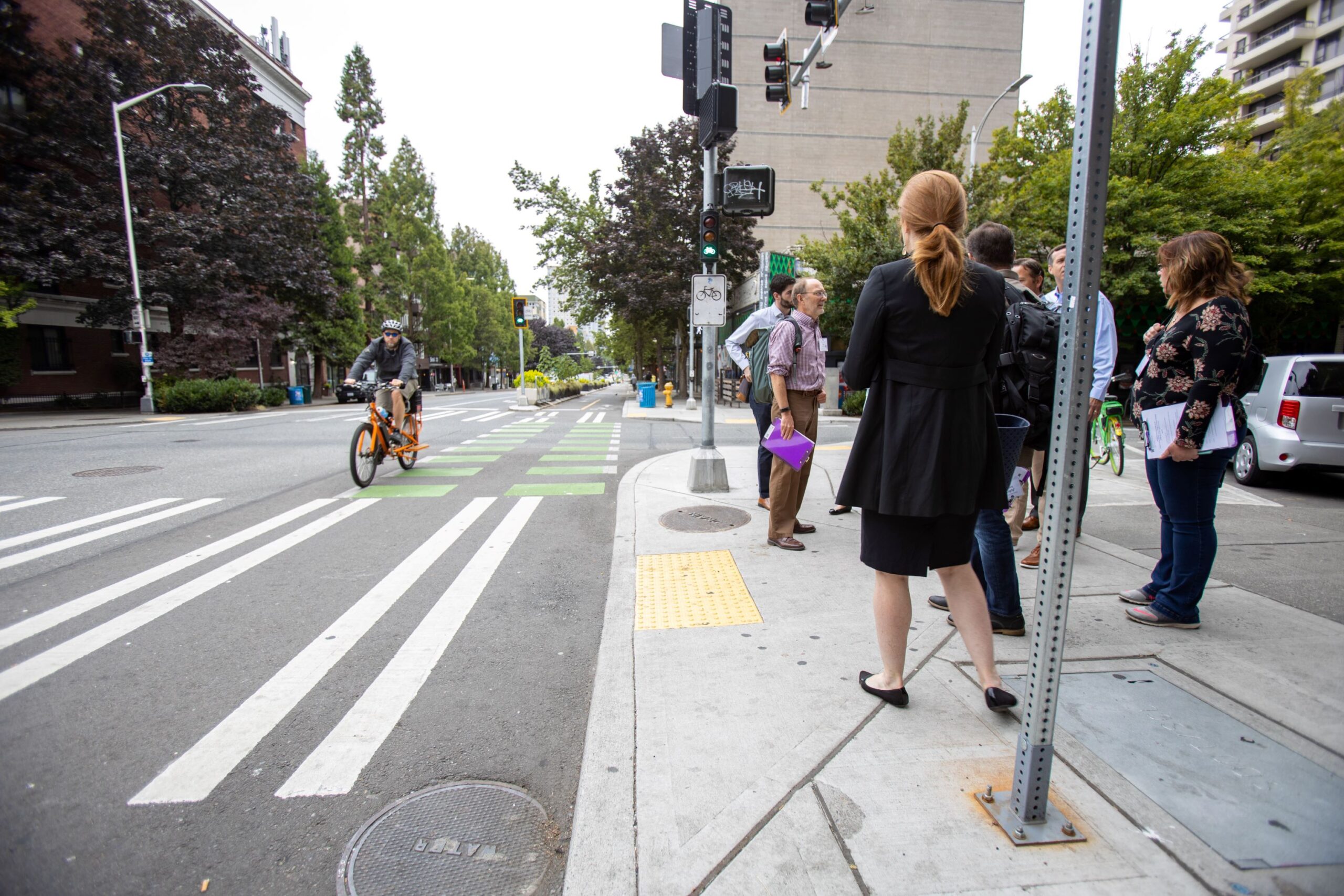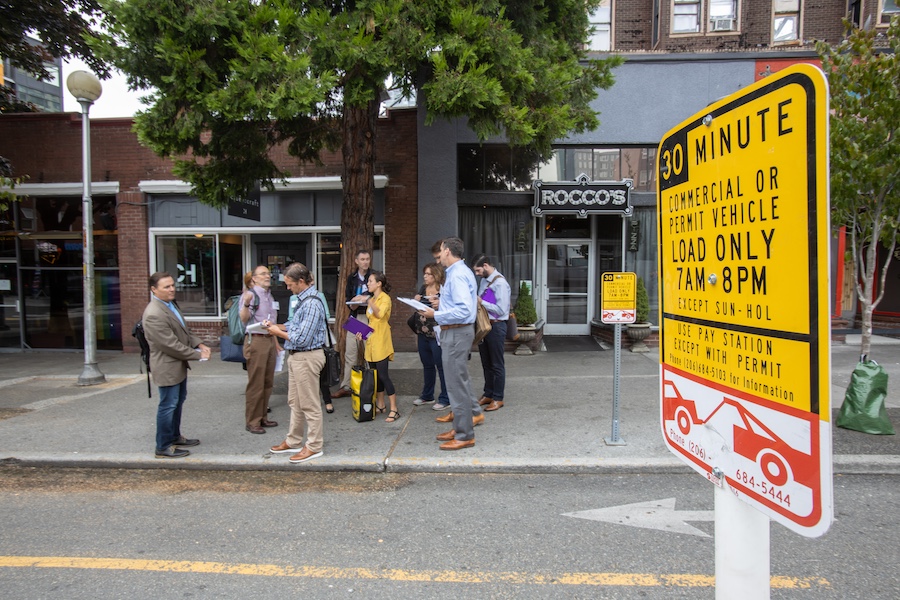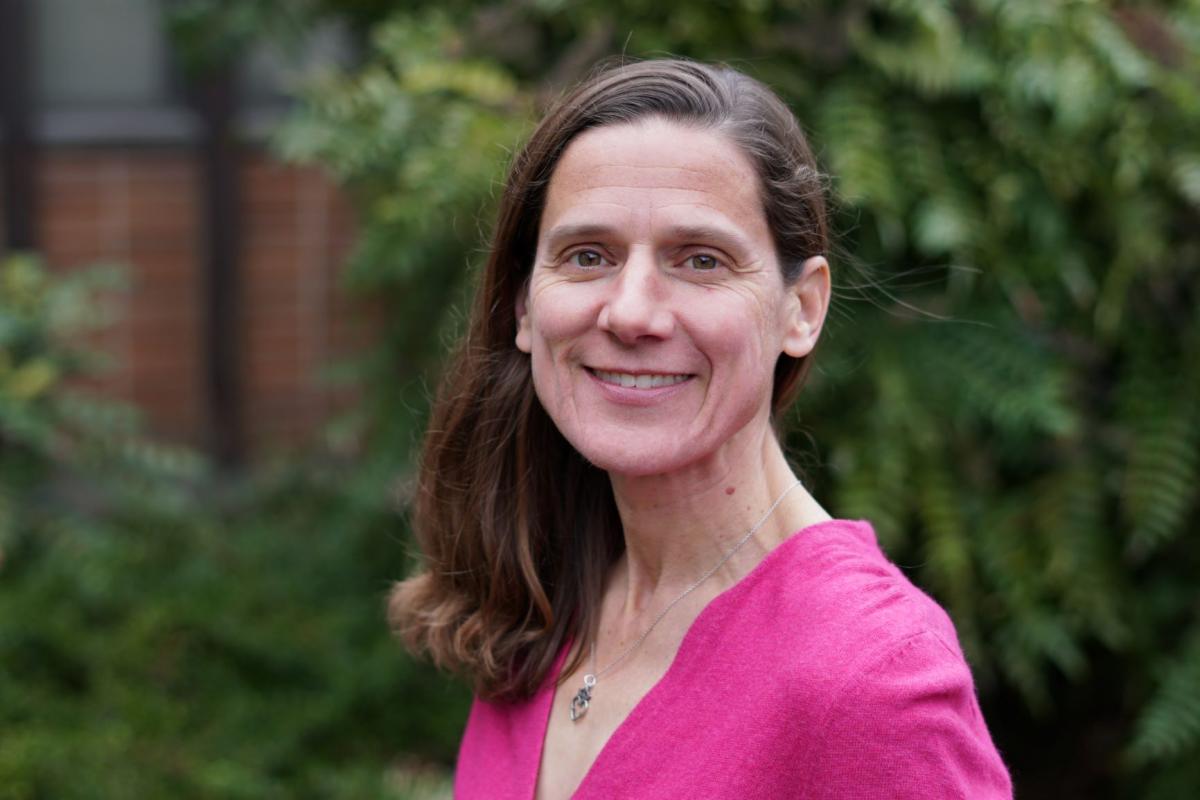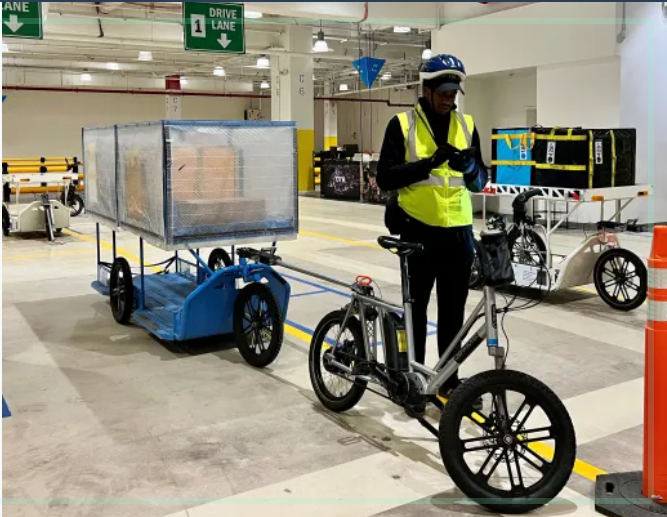In the Media
March 9, 2025 //
“Urban areas are challenging for logistics because companies are trying to operate in an efficient, cost-effective, competitive business manner in an area that’s filled with other people with other demands,” says Anne Goodchild, founding director of the Urban Freight Lab.
January 25, 2025 //
In "The State of Sustainable Urban Last-Mile Freight Planning in the United States" (Journal of the American Planning Association, Vol. 91, No. 1) Thomas Maxner, Giacomo Dalla Chiara, and Anne Goodchild identified ways cities are planning to reduce emissions from last-mile goods movement.
January 22, 2025 //
Curb space is a precious resource in a city the size and scale of Seattle. With our many residents, businesses of all sizes, and the nonstop movement of people and goods, proactively managing our limited loading zones and curb space is essential. That’s where we come in. In 2023, the U.S. Department of Transportation (USDOT) awarded SDOT a $2 million federal grant to develop new digital tools that offer real-time data-driven insights. The funding is helping us modernize how we...
January 21, 2025 //
Congratulations to Urban Freight Lab Research Assistant Arsalan Esmaili for receiving the prestigious Best Academic Paper Award (Freight Planning and Logistics) at the Transportation Research Board Annual Meeting last month in Washington, D.C.
January 16, 2025 //
The Urban Freight Lab is partnering with Shared-Use Mobility Center and Cityfi on a Joint Office of Energy and Transportation Communities Taking Charge Accelerator project developing model policies, codes, and designs for light urban vehicles (LUVs) — including e-cargo bikes, e-tuktuks, microtrucks, and low-speed electric vehicles — to help cities adopt clean transportation solutions and expand zero-emission infrastructure.
January 15, 2025 //
Urban Freight Lab researcher Travis Fried delivered a presentation at University of Minnesota Center for Transportation Studies Transportation Research Conference highlighting how ecommerce traffic disproportionately affects low-income communities, contributing to concerns around air quality, health, and road safety. Travis's research at the Urban Freight Lab is driving important conversations about the broader impacts of urban freight systems and a comprehensive approach to planning that considers not just efficiency but community well-being and environmental and social justice as well. More to come as we continue exploring solutions that support healthy, equitable, and resilient communities.
January 8, 2025 //
Congestion pricing has officially launched in New York City and the logistics industry is feeling the impact, but there are strategies businesses and customers can adopt to mitigate driving and delivery costs, such as optimizing packaging efficiency, remapping routes, expanding cargo bike programs, or, as Urban Freight Lab Director Kelly Rula suggests, shifting deliveries to late-night and early-morning hours when tolls are less expensive.
December 12, 2024 //
Our founding director Anne Goodchild delivered the keynote address at Center for Transportation Studies, University of Minnesota's Transportation Research Conference, sharing insights from her two-decade career leading urban freight research.
October 24, 2024 //
Seattle is seeing a rise in deliveries that's reshaping urban life, with neighborhoods like SODO, South Lake Union, and Belltown experiencing some of the highest activity.
June 29, 2024 //
New York City Department of Transportation (NYC DOT) has received a $5.6 million grant from the U.S. Department of Transportation’s Rebuilding American Infrastructure with Sustainability and Equity program to create an Urban Freight Mobility Collaborative, an innovation hub designed to revolutionize urban freight movement and reduce emissions.
May 30, 2024 //
Leveraging a $2 million grant, the Urban Freight Lab is extending its urban logistics from Seattle, optimizing goods delivery and enhancing sustainability.
May 30, 2024 //
The Urban Freight Lab is breaking new ground and extending its impact beyond Seattle.
March 21, 2024 //
“There’s no doubt that e-commerce and the ability to have goods delivered directly to your home has changed the way people shop in cities,” said Kelly Rula, who directs the Urban Freight Lab at the University of Washington. “It’s had upstream effects on how the transportation system was impacted.”
